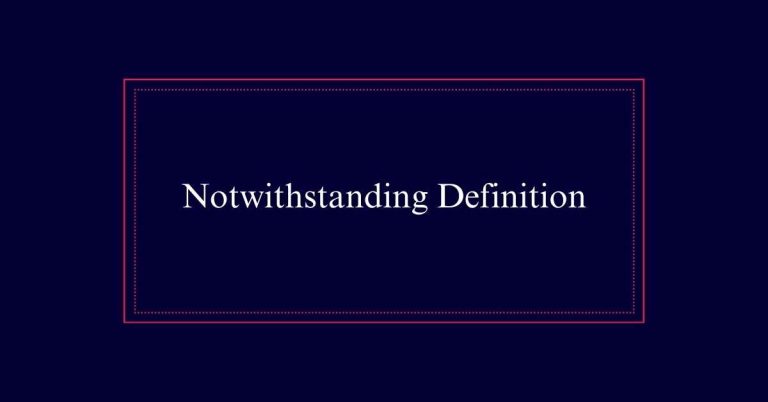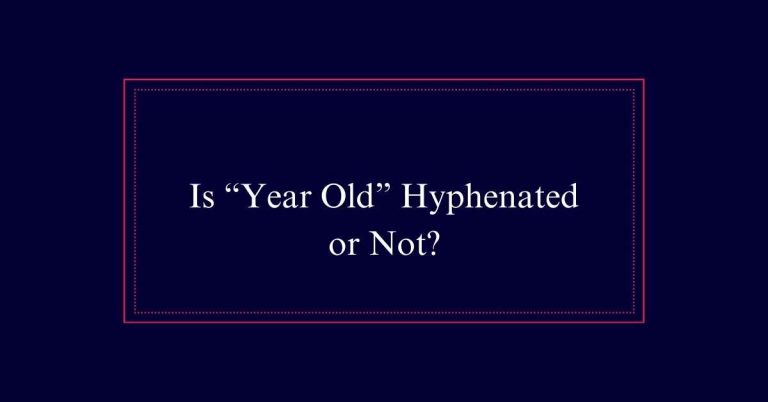Bear With Me or Bare With Me?
The correct phrase is ‘bear with me,’ which means to be patient or tolerate a delay. ‘Bear’ refers to enduring or tolerating, while ‘bare’ means uncovered. Using ‘bare with me’ is incorrect and can lead to misunderstandings. Accurate usage of ‘bear with me’ guarantees effective communication, especially in professional settings.
Common Confusion Explained
Although ‘bear with me’ and ‘bare with me’ sound alike, they have distinct meanings and usages.
‘Bear’ means to endure or tolerate, while ‘bare’ means uncovered or naked. The correct phrase is ‘bear with me’ when asking for patience or understanding.
This common confusion arises due to their similar pronunciation, but understanding the difference is important for clear communication.
Using ‘bare with me’ instead of ‘bear with me’ is a frequent error that can lead to misunderstandings.

Recognizing the appropriate context for each word helps maintain professionalism and accuracy in both written and spoken language.
Definition of ‘Bear’
The word ‘bear’ in the phrase ‘bear with me’ means to endure or tolerate. This usage stems from the Old English word ‘beran,’ which translates to carry or support. When someone asks you to ‘bear with me,’ they are kindly requesting your patience while they address a matter or complete a task.
To better understand the difference, consider the following table:
| Phrase | Meaning |
|---|---|
| Bear with me | Please be patient with me |
| Bare with me | Please uncover or expose with me (incorrect) |
| Bear a burden | Carry or endure a heavy load |
| Bare essentials | The most basic, uncovered necessities |
Definition of ‘Bare’
‘Bare’ typically means uncovered or exposed. This definition extends to various contexts. For instance, bare skin refers to skin that is not covered by clothing.
In another context, a room with no furniture can be described as bare. The term also applies to abstract concepts, such as bare facts, which are facts presented without any embellishment or additional context.
The word ‘bare’ is often used to convey a sense of simplicity or minimalism. It emphasizes the lack of covering or adornment. Understanding this definition is essential when distinguishing it from ‘bear,’ particularly in phrases where their meanings diverge significantly.
Correct Phrase Usage
Recognizing the meaning of ‘bare,’ we now turn our attention to the correct usage of ‘bear with me.’ This phrase, often used in written and spoken communication, means to ask for someone’s patience or understanding. It is essential for maintaining clear and professional interactions. Misusing ‘bare with me’ instead can lead to misunderstandings.
| Correct Phrase | Incorrect Phrase |
|---|---|
| Please bear with me. | Please bare with me. |
| Bear with us during this shift. | Bare with us during this shift. |
| Can you bear with me for a moment? | Can you bare with me for a moment? |
| Bear with me as I explain. | Bare with me as I explain. |
| Bear with the delay. | Bare with the delay. |
Incorrect Phrase Examples
Instances of incorrect phrase usage, such as ‘bare with me,’ can often be found in casual writing and online content. This mistake arises from the similar pronunciation of ‘bear’ and ‘bare,’ leading to confusion.
Examples include social media posts, blog entries, and informal emails where the writer unintentionally asks the reader to ‘undress’ with them. Such errors can undermine the intended message and cause embarrassment.
For instance, a company email requesting patience might read, ‘Please bare with us during this update,’ which conveys an unintended and unprofessional meaning. Correcting these mistakes is important for maintaining clarity and professionalism in communication.
Literary and Media Usage
In literature and media, the phrase ‘bear with me’ is frequently used to ask for the audience’s patience or understanding. This expression appears in various contexts, enhancing the connection between creators and their audience.
For instance:
- Books and Novels: Authors often use ‘bear with me’ to guide readers through complex narratives.
- Film and Television: Scriptwriters incorporate the phrase to build suspense or explain intricate plots.
- Journalism: Reporters use it to manage reader expectations during lengthy or detailed articles.
- Online Content: Bloggers and influencers employ the phrase to keep viewers engaged during explanations.
Everyday Conversations
People often use the phrase ‘bear with me’ in everyday conversations to request patience. This expression is common when someone needs a moment to gather their thoughts or explain something complex. It serves as a polite way to ask for time or understanding.
For example, during meetings or casual discussions, one might say, ‘Please bear with me while I find that document.’ This request helps maintain a smooth flow of conversation and guarantees mutual respect. The phrase also appears frequently in emails and written communications, signaling a brief delay.
Importance of Correct Usage
The proper usage of ‘bear with me’ is crucial for guaranteeing effective and professional communication. Using the right phrase demonstrates respect for the audience and maintains clarity in the message. Misusing ‘bare with me’ can result in misunderstandings and diminish credibility.
Here are four key points to keep in mind:
- Clarity: Using the correct phrase avoids confusion and guarantees that the message is understood.
- Professionalism: It reflects positively on the writer or speaker, showcasing attention to detail.
- Reliability: Precise language use establishes trust with the audience.
- Efficiency: Clear communication saves time by preventing the need for explanations or corrections.






